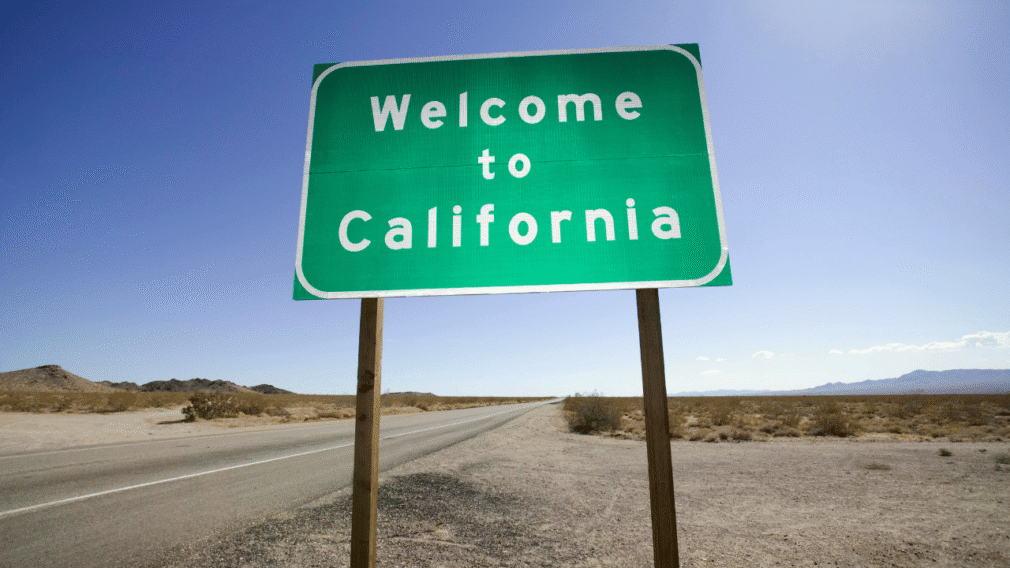California’s Sweepstakes War Escalates. More Tribes Join Protest, Operators Flee State
The fight over California’s proposal to outlaw online sweepstakes casinos is spilling onto the steps of the State Capitol, as a growing coalition of tribal nations plans to protest what they call a threat to their economic survival.

A Tribal Civil War in Sacramento
A bill that once had the appearance of broad tribal support is now fracturing the community, pitting a handful of smaller, rural tribes against the state’s most powerful and wealthy gaming nations. The Sherwood Valley Band of Pomo Indians and the Mechoopda Indian Tribe of Chico Rancheria have now formally joined the Kletsel Dehe Wintun Nation and Big Lagoon Rancheria in opposing AB 831.
These tribes are accusing their wealthier counterparts of using their political clout to crush competition and deny them access to a critical economic lifeline. For geographically isolated tribes without the benefit of a large casino near a major city, digital gaming partnerships are seen as one of the few viable paths to economic self-sufficiency.
“Measures like AB 831 would curtail promising digital commerce avenues that represent critical supplementary income sources for tribes,” said Dennis Ramirez, Chairman of the Mechoopda Indian Tribe. He argued the bill would “effectively close off emerging revenue opportunities that could help level the playing field for economically disadvantaged tribal communities.”
At the heart of the tribes’ anger is the process itself. They contend the bill was rammed through via a “gut-and-amend” maneuver, transforming it from a technical measure into a sweeping ban with little to no time for meaningful consultation.
The Industry Cracks Under Legal Pressure
While the legislative battle rages in Sacramento, the legal walls are closing in on the sweepstakes industry. In a sign of the growing pressure, High 5 Casino announced it would cease all operations in California by September 15. The decision to flee the state came just days after a San Francisco judge dealt the company a significant blow, denying its motion for arbitration and allowing a class-action lawsuit alleging illegal gambling to proceed.
This legal assault is not isolated. In August, the Los Angeles City Attorney filed a massive lawsuit against the industry giant Stake.US and its suppliers, including Evolution and Pragmatic Play, accusing them of running an illegal gambling ring. Shortly after, the supplier Playtech announced it was pulling its games from all sweepstakes casinos in the state.
This one-two punch of legal and commercial pressure is creating a hostile environment for sweepstakes operators, making the legislative threat of AB 831 even more potent.
The Endgame in the Legislature
The bill, which would criminalize not just the operators but also the third-party suppliers who support them, has already cleared a key Senate committee and is now heading for a full floor vote. It is heavily backed by the state’s largest gaming tribes, who argue it is necessary to protect their exclusive right to offer casino-style games.
But the growing, vocal opposition has turned what once seemed like a straightforward issue into a complex and contentious fight over sovereignty, economic equity, and the very definition of gambling in California. The protesting tribes are demanding the bill be replaced with a modern regulatory framework, a solution that would tax and regulate the industry rather than destroy it.
Recommended
